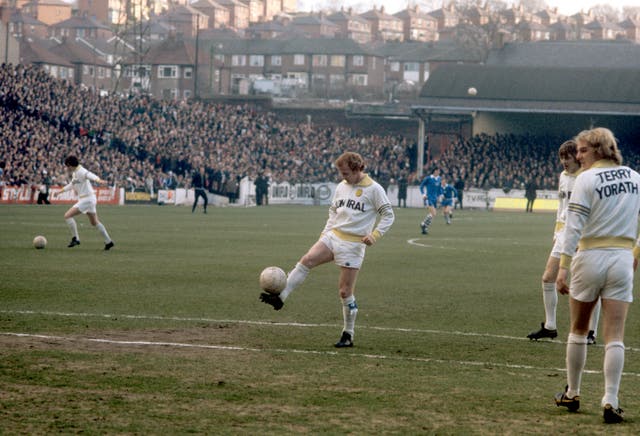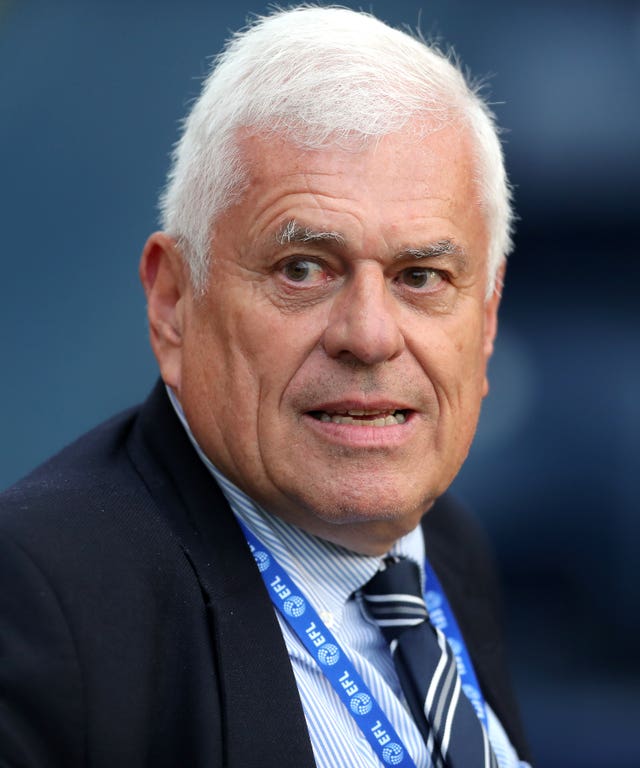
Leeds announced the first stage of a financial restructuring programme and avoided becoming the first Premier League club to go into administration on this day in 2003.
It marked the latest point in the Yorkshire club’s desperate battle to survive after falling from grace and plunging into a series of financial crises that eventually saw the club relegated to the third tier of the English game.
The restructuring programme included a £60million loan that would, in theory, give the club time to find new buyers.

A statement said: “Leeds United plc announces that it today has signed a formal standstill agreement with its principal finance creditors for the period until 19 January 2004 to provide the Group with sufficient working capital until that date to allow it time to seek to identify parties who would be prepared to make a substantial investment in, or offer for, the business as part of an overall financial and balance sheet restructuring.
“The Standstill is the culmination of negotiations between Leeds United and, among others, the providers of £60 million of senior secured notes and Gerling General Insurance Co, the credit insurer of Registered European Football Finance Ltd who is the provider of Leeds United’s football player finance lease arrangements.”
Unfortunately, it was borrowing that had got United into trouble in the first place.
Under chairman Peter Ridsdale, Leeds had taken out large loans against the prospect of the share of the TV rights and sponsorship revenues from Champions League qualification and subsequent progress in the competition.

However, United narrowly failed to qualify for the Champions League in successive seasons and, as a consequence did not receive enough income to repay the loans.
The first indication that the club was in financial trouble was the sale of Rio Ferdinand to Manchester United for approximately £30m in the summer of 2002.
Ridsdale and manager David O’Leary publicly fell out over the sale and O’Leary was sacked and replaced by former England boss Terry Venables.
Leeds performed woefully under Venables and other players were sold to repay the loans, including Jonathan Woodgate, and, with the team underachieving, Venables was sacked in March 2003 and replaced by Peter Reid.
Ridsdale eventually resigned from the Leeds board and United managed to avoid relegation in the penultimate game of the season, beating Arsenal 3–2 at Highbury with a late strike by Mark Viduka.
It was, however, only a stay of execution as the club continued to be plagued by financial troubles for the next decade.


Comments: Our rules
We want our comments to be a lively and valuable part of our community - a place where readers can debate and engage with the most important local issues. The ability to comment on our stories is a privilege, not a right, however, and that privilege may be withdrawn if it is abused or misused.
Please report any comments that break our rules.
Read the rules here